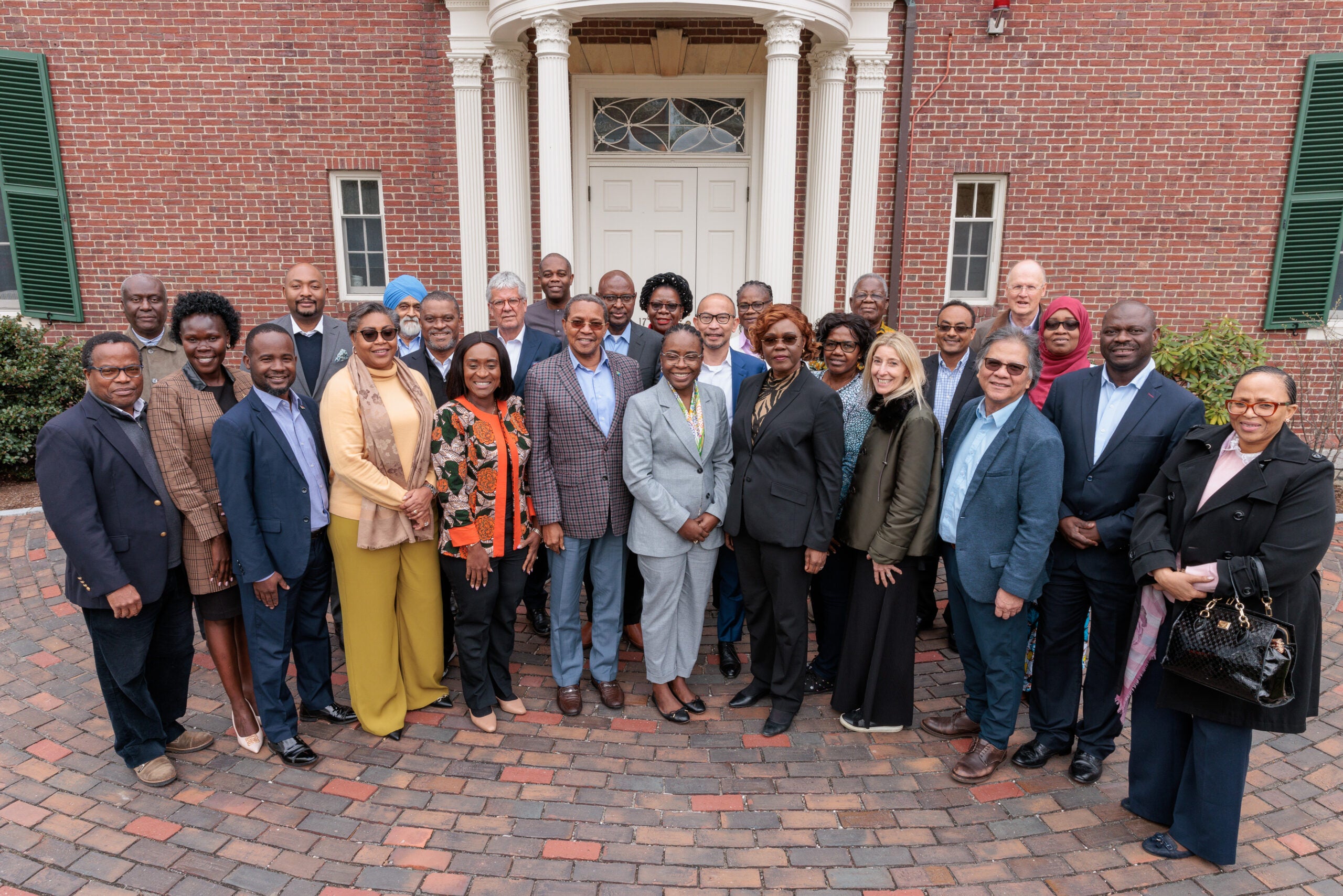African Finance Ministers gathered at Harvard in mid-April for the annual Ministerial Forum following the World Bank/IMF Spring meetings. The mood in Washington, D.C. was reportedly gloomy as emergent economies came up against the harsh realities of current dynamics impacting the global economy and by extension the economic well-being of almost every nation. Emergent economies are inevitably the worst affected not only because of their dependence on the economic performance of developed nations but also because most borrowed heavily to offset the social and economic impact of the COVID-19 pandemic. In most cases, pandemic-related borrowing came on top of already existing high levels of international debt.
Fortunately, the Harvard Ministerial Forum is the antithesis of the formality of World Bank meetings. It is a singular opportunity for participating Ministers to “park the protocol” for four days and engage in frank, off-the-record conversations with their peers, as well as a distinguished group of former heads of state and ministers from around the world. At the outset, former Costa Rican President, Laura Chinchilla, challenged Ministers to see a significant opportunity in the current crisis to galvanize whole government support for an economic recovery strategy. Suggesting that if Ministers did not make their current dilemma the whole government’s problem, the Finance Minister would be saddled with the responsibility and ultimately the blame if the economy does not pick up.
The Forum focused on the fact that Finance Ministers, by virtue of their position, authority, and leverage of the budget have the opportunity to assert considerable influence on public policy. The Kennedy School’s Farayi Chipungu challenged Ministers to “dance on the edge of their authority” in order to muster support from their other Cabinet colleagues to join in a shared vision and plan for economic recovery. Suggesting Finance Ministers should be enablers of national economic progress, keeping in mind their President’s expectations of them, while also astutely directing budget spending in ways that address citizens’ needs and expectations, while also increasing prospects for economic growth.
Given extremely limited fiscal flexibility, the main focus was what such an economic recovery plan might look like. Over the four days of the Forum, Ministers individually mapped out a plan for their countries working to balance spending on essential budget items like national security, health, and education with forward investment in areas of human development that have the potential to help boost economic recovery in the medium term. An obvious challenge is how to increase government revenue without additional borrowing. The role of technology in increasing tax collection effectiveness featured in most plans, as well as increasing productivity among the already employed and under-employed.
Ministers also latched onto the idea of “productive development” put forward by Hernandez Salazar, Executive Secretary of the UN Economic Commission for Latin America and the Caribbean. He cited the examples of Costa Rica which has become a hub for technology manufacturing and Mexico which has successfully established an aerospace hub. The idea is that countries look beyond basic mineral extraction, on which so many emergent economies are reliant, to focus on a singular economic opportunity and galvanize an industrial-investment cluster around that development hub.
Ministers praised the Harvard Ministerial Forum as an opportunity to refresh and reinvigorate their efforts in tackling current economic challenges. One Minister said the idea that we can be the architects of our economic destiny and the opportunity to map out what that might look like is exceptionally motivating.


